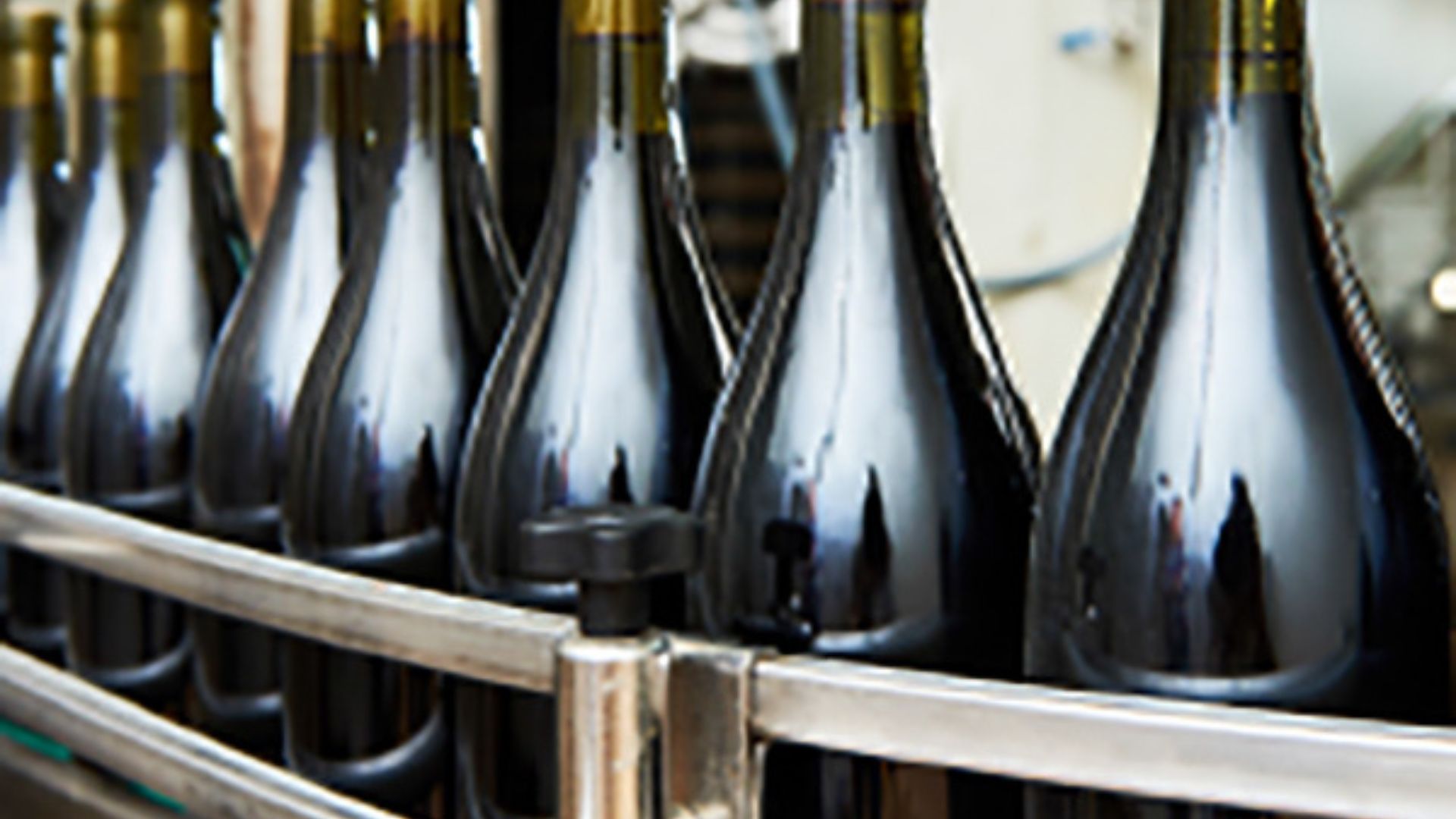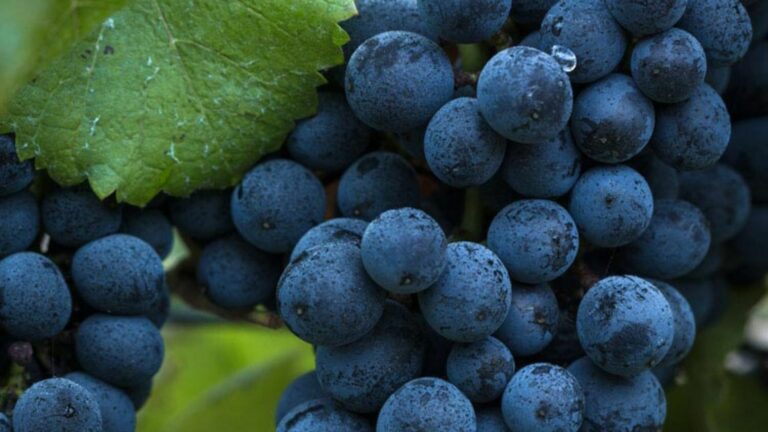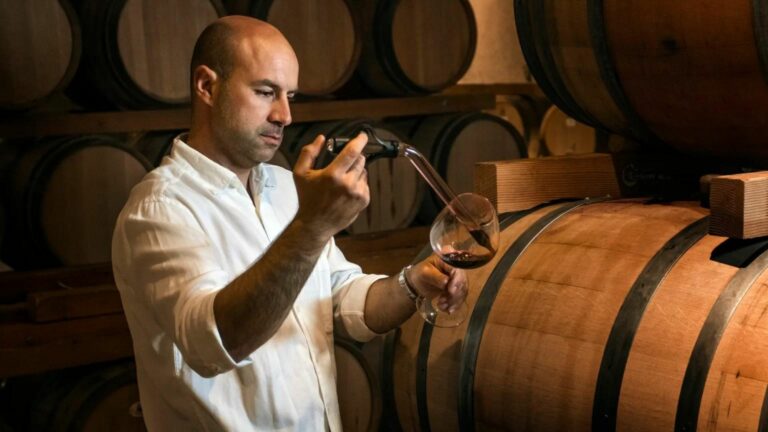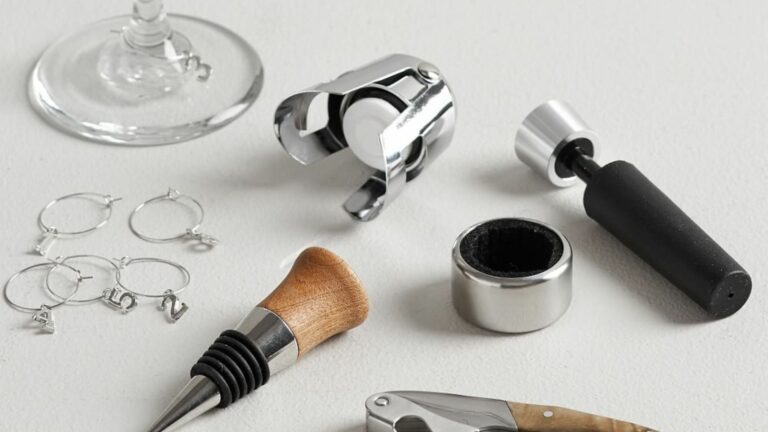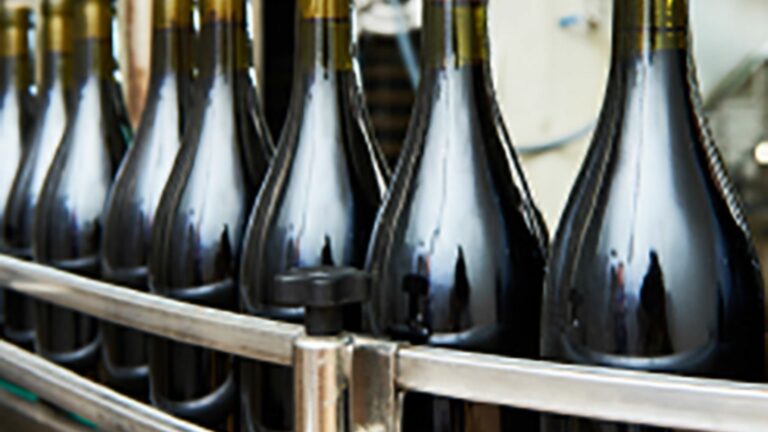A wine factory serves as the beating heart of the winemaking process, where grapes are transformed into the nectar of the gods through a harmonious blend of art, science, and tradition. Behind the scenes of every bottle of wine lies a meticulously designed and expertly operated facility dedicated to crafting wines of exceptional quality and character. In this blog post, we’ll peel back the curtain and explore the key characteristics of a wine factory, shedding light on the inner workings of this fascinating world of winemaking excellence.
State-of-the-Art Equipment and Technology
At the core of any wine factory is state-of-the-art equipment and technology designed to streamline the winemaking process and ensure consistency and quality in every batch of wine produced. From grape crushing and fermentation tanks to bottling lines and temperature-controlled storage facilities, modern wine factories are equipped with cutting-edge machinery and automation systems that optimize efficiency and precision at every stage of production. Advanced technology, such as computerized monitoring systems and data analytics software, allows winemakers to closely monitor and control key parameters such as temperature, humidity, and fermentation progress, resulting in wines of superior quality and flavor.
Meticulous Quality Control and Assurance
Quality control is paramount in the wine industry, and a reputable wine factory adheres to rigorous standards. And protocols to uphold the highest levels of quality and consistency in its products. From vineyard management and grape selection to fermentation, aging, and bottling, every step of the winemaking process is subject to meticulous scrutiny and quality control measures. Quality assurance practices such as regular sensory evaluations, laboratory analysis, and tasting panels ensure that wines meet established benchmarks for aroma, flavor, color, and balance, guaranteeing a memorable and enjoyable drinking experience for consumers.
Sustainable Practices and Environmental Stewardship
In an era of increasing environmental awareness and sustainability. Many wine factories are embracing eco-friendly practices and initiatives to minimize their environmental footprint and promote environmental stewardship. From water and energy conservation measures to waste reduction and recycling programs. Wineries are implementing sustainable practices throughout the production process to reduce resource consumption and minimize environmental impact. Some wine factories also prioritize organic or biodynamic farming practices. Utilizing natural and regenerative farming methods to cultivate grapes in harmony with the environment and preserve soil health and biodiversity.
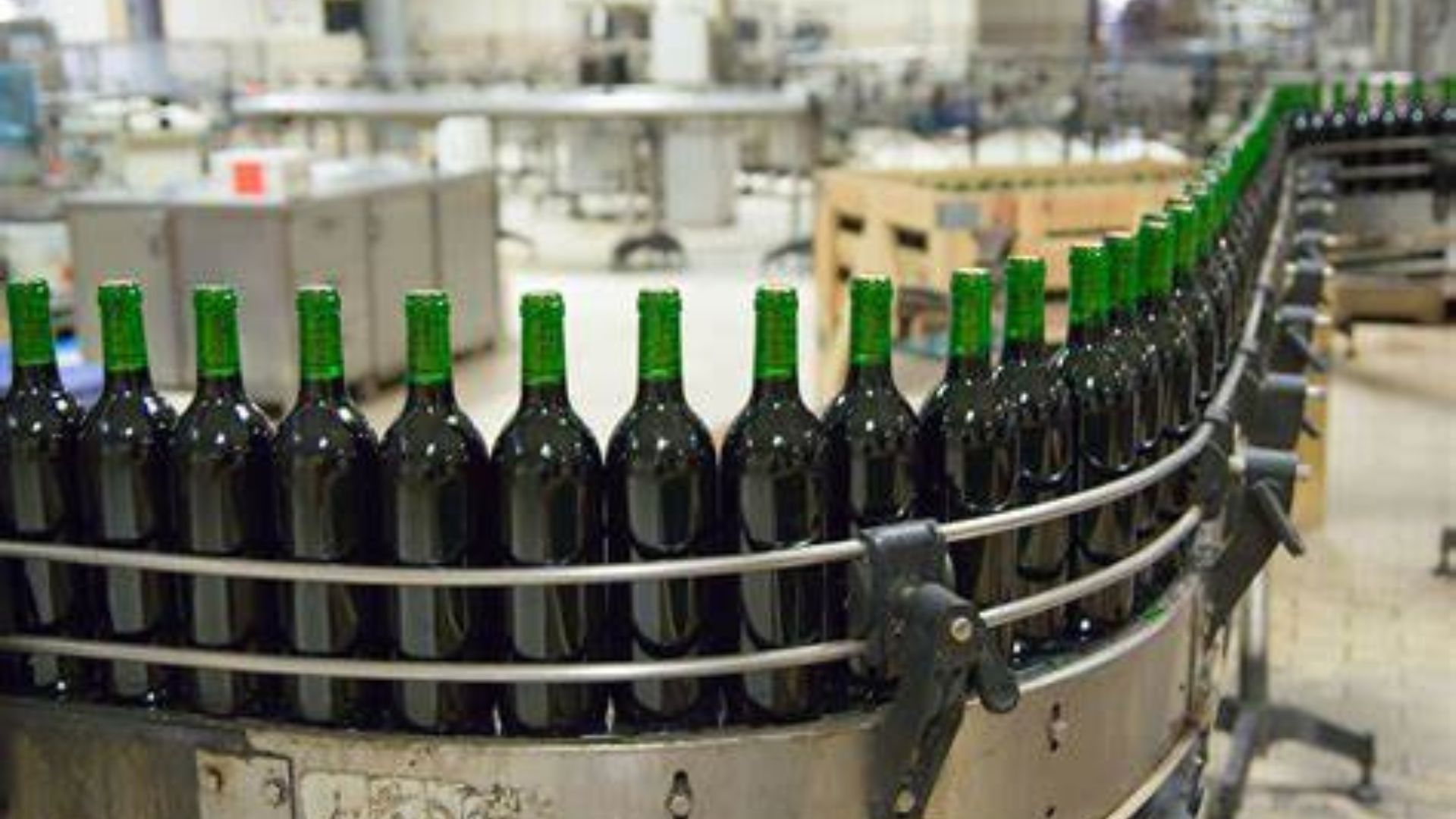
Commitment to Craftsmanship and Tradition
While modern technology plays a vital role in the winemaking process. A deep reverence for craftsmanship and tradition remains at the heart of every wine factory. Many wineries uphold time-honored winemaking techniques and practices passed down through generations. Paying homage to the rich heritage and cultural significance of winemaking. From hand-harvesting grapes to oak barrel aging and manual racking. These artisanal methods contribute to the complexity, depth, and character of the wines produced. Reflecting the unique terroir and winemaking philosophy of each winery.
Dedication to Innovation and Continuous Improvement
While tradition forms the foundation of winemaking. Innovation and adaptation are essential for staying relevant and competitive in a rapidly evolving industry. Forward-thinking wine factories embrace a culture of innovation and continuous improvement. Exploring new winemaking techniques, grape varieties, and styles to push the boundaries of creativity and excellence. Experimentation with alternative fermentation methods, novel grape varieties. And innovative aging techniques allows wineries to create distinctive. And innovative wines that captivate the palate and inspire appreciation for the artistry and diversity of winemaking.
Conclusion
In conclusion, the characteristics of a wine factory are a testament to the commitment. Passion, and artistry of winemakers dedicated to crafting wines of unparalleled quality and distinction. From state-of-the-art equipment and meticulous quality control to sustainable practices, tradition. And innovation, these key attributes define the essence of a wine factory and shape the identity and reputation of the wines produced within its walls. As we raise our glasses to celebrate the fruits of their labor. Let us toast to the enduring legacy of excellence and artistry that defines the world of winemaking. Cheers to the magic of the wine factory and the extraordinary wines it creates!

